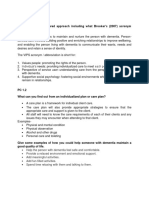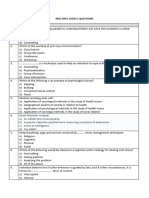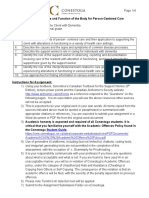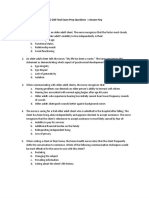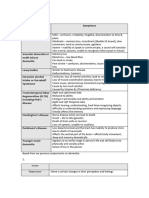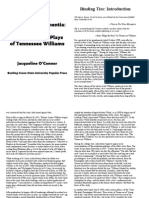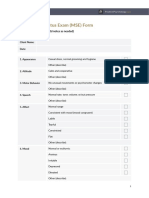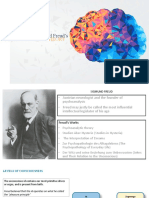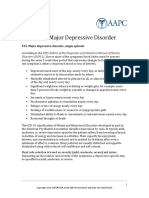0% found this document useful (0 votes)
95 views6 pagesModule 11 - Assignment 12.1
The assignment focuses on cognitive and mental health issues, particularly in relation to activities of daily living (ADLs) and dementia. It includes case studies and questions regarding client care, safety concerns, and effective communication strategies for clients with cognitive impairments. Additionally, it addresses the importance of maintaining dignity and mental health in elderly clients, as well as recognizing signs of mental health crises.
Uploaded by
merinaghising74Copyright
© © All Rights Reserved
We take content rights seriously. If you suspect this is your content, claim it here.
Available Formats
Download as DOCX, PDF, TXT or read online on Scribd
0% found this document useful (0 votes)
95 views6 pagesModule 11 - Assignment 12.1
The assignment focuses on cognitive and mental health issues, particularly in relation to activities of daily living (ADLs) and dementia. It includes case studies and questions regarding client care, safety concerns, and effective communication strategies for clients with cognitive impairments. Additionally, it addresses the importance of maintaining dignity and mental health in elderly clients, as well as recognizing signs of mental health crises.
Uploaded by
merinaghising74Copyright
© © All Rights Reserved
We take content rights seriously. If you suspect this is your content, claim it here.
Available Formats
Download as DOCX, PDF, TXT or read online on Scribd
/ 6




















